Many trade associations and lobby groups in Ireland feel tempted to engage consultancy firms to big up their economic contribution and a minor industry has grown up.
The process is even built into the Public Spending Code, which permits the agency promoting any big capital project to mark their own homework by commissioning the cost-benefit studies.
Consulting firms are prone to oblige by preparing positive evaluations of these projects, and the officials at the Department of Finance (more recently, the Department of Public Expenditure) are in the habit of discounting whatever conclusions they arrive at. In the case of the National Children’s Hospital, the officials went on the public record to the effect that the evaluation prepared by one prominent consulting firm was not credible.
Privately, the same officials even describe these self-commissioned “independent” studies as a branch of the public relations industry. The phrasing is not intended as a compliment.
Over the last few weeks, there has been a very public spat between the thoroughbred industry and the Football Association of Ireland, with the latter claiming that betting tax money should be spent more on football, less on Horse Racing Ireland, on the basis that it is an earmarked tax. The tax proceeds should be returned to whatever sports people choose to bet on, to the advantage of football. Additionally, they argue that football is more popular than horse-racing.
This a flawed line of argument on several levels. First, the tax is not earmarked – the revenue has at times been below the amounts bestowed on HRI and on the greyhound industry, at other times there has been an excess.
Revenue, in practice, is for the benefit of the general Exchequer and expenditure is allocated separately through the vote for the Department of Agriculture, not the Department of Sport. Total employment in primary agricultural production has recently declined to around 90,000, of which almost 10,000 are engaged directly in the horse sector. This is a sizeable portion, moreover spread around the regions to districts where alternative employment is scarce.
Jobs
Estimates that racing and the thoroughbred industry are indirectly responsible for up to 30,000 total jobs look like gilding a lily which does not need adornment.
In addition to providing substantial employment where it is needed, Irish racing and breeding have attained very high standards in open competition internationally.
In 2022, sales of Irish-bred racehorses at public auction reached 140% of the figure for Britain and 280% of the figure for France, these two being Ireland’s main competitors in Europe.
Smartphones and easy online access have seen a dramatic expansion of the gambling industry
The figures are from the updated report commissioned by HRI from Deloitte, which also shows that only the US sells more bloodstock at auction than Ireland. The industry is an Irish success story, without exaggeration.
Smartphones and easy online access have seen a dramatic expansion of the gambling industry and there has been a shift in the range of sports used by bookmakers as the betting medium. No longer is horse-racing so dominant and football and other team sports have increased their share.
But the notion that the vehicles for sports betting should get a corresponding share of the tax proceeds is a novel extrapolation of the FAI’s misunderstanding about earmarked tax.
To the extent that betting on football in Ireland is dominated by betting on English and European matches, is the FAI suggesting that Irish Exchequer revenue be passed along to football clubs abroad? What do you do with the tax from bets on US presidential elections, or on who wins Eurovision?
Responsibility
The assignment of responsibility for the thoroughbred industry to the Department of Agriculture means that it competes for spending allocations with the other components of livestock farming, rather than with sports like football, rugby or hurling, which are participation sports delivered by largely volunteer organisations. This is a logical and practical assignment – racing is a business, football a pastime.
The FAI may have a debating point in that overall State expenditure on participation sports could be more generous.
But it has failed to explain why this should be at the expense of racing or some other component of primary production in Irish agriculture.
Meanwhile, the FAI could attend to some problems of its own which hinder the development of the professional end of Irish football, the League of Ireland and its 20 clubs, most of which are struggling financially.
Unlike the racecourses, their counterparts in horse-racing, League of Ireland clubs receive virtually no broadcast revenue, either from the national teams or from the broadcasts of their own matches, negotiated and absorbed centrally by the FAI.
The organisation has 200 staff, bank debts of over €60m and has yet fully to resolve the legacy issues remaining from the reign of its departed senior management. The attack on racing is a distraction.




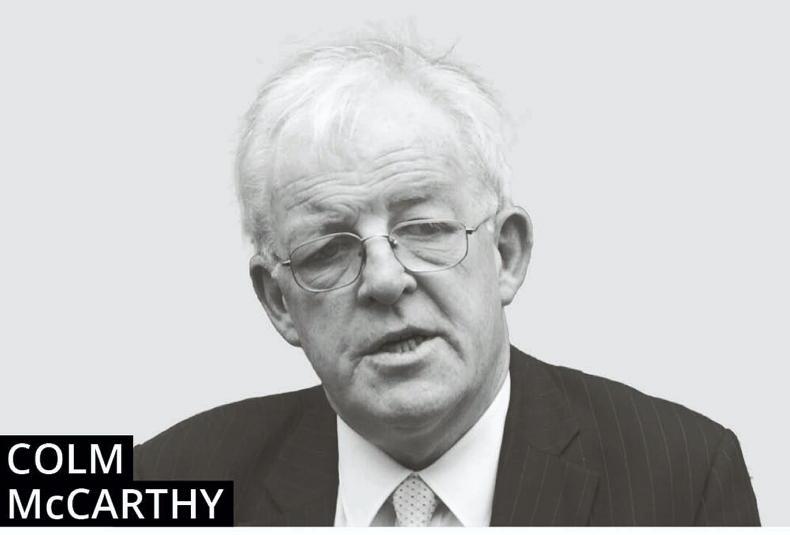
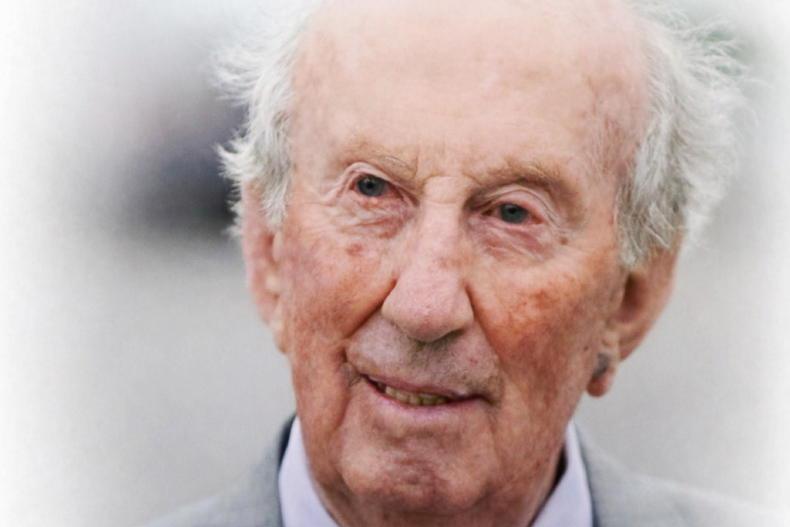
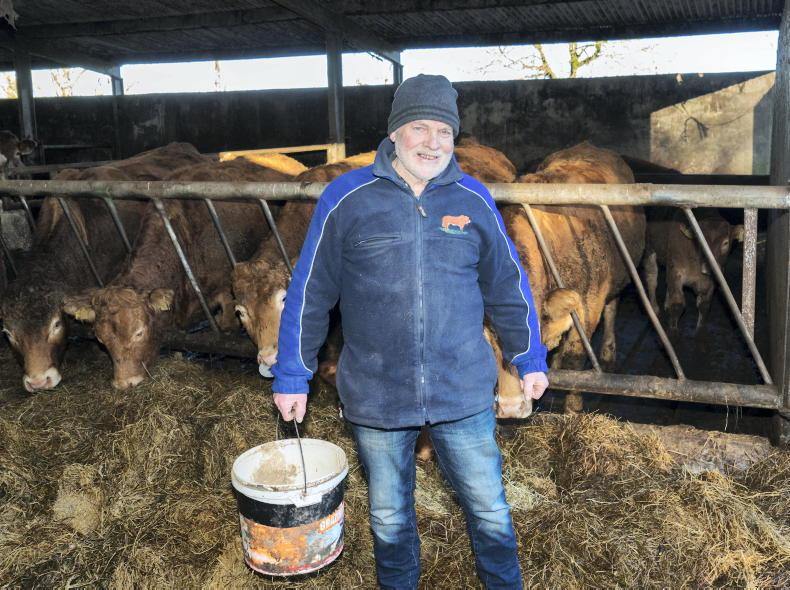
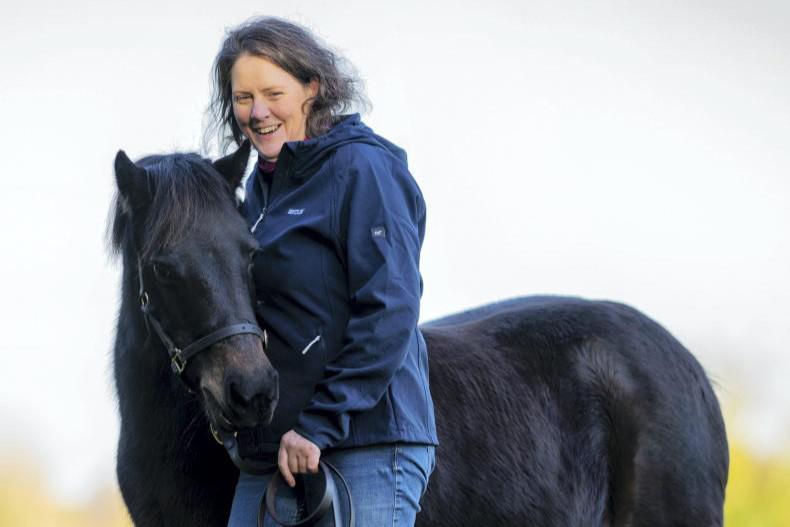
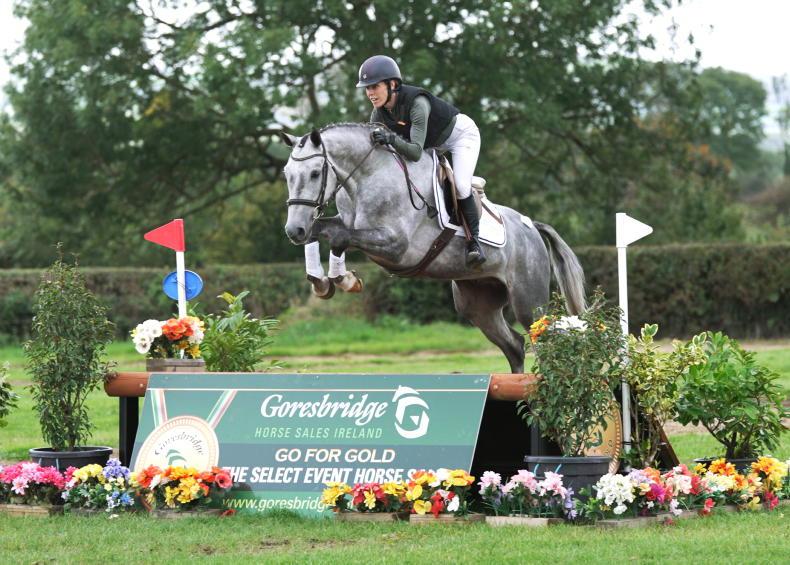
SHARING OPTIONS